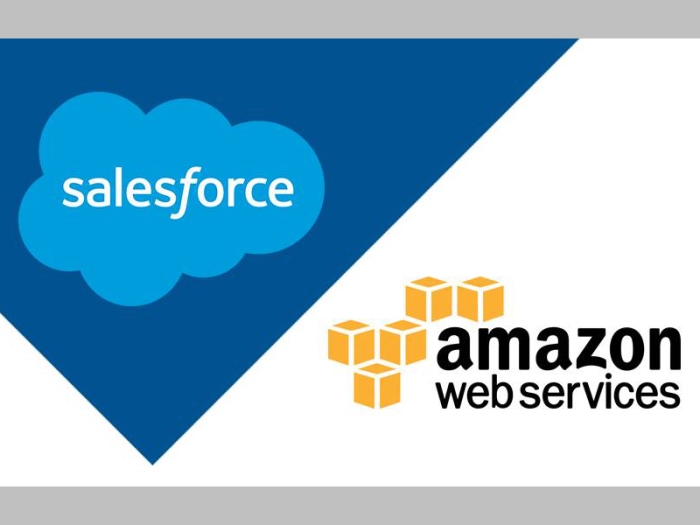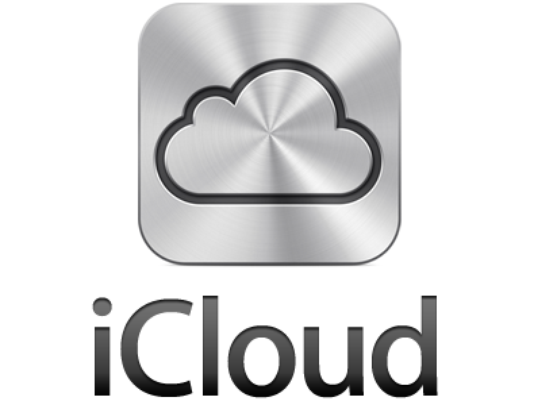Salesforce made an announcement of migrating its core services on Amazon Web Services (AWS). The major services included in this migration are Sales Cloud, App Cloud, Analytics Cloud, Service Cloud, Community Cloud and others. Also, Salesforce, a top CRM service is already using the AWS services for its SalesforceIQ, Marketing Cloud Social Studio, and Heroku services. This big deal with AWS costs for $400 million for the next four years as told by an unnamed source.

“There is no public cloud infrastructure provider that is more sophisticated or has more robust enterprise capabilities for supporting the needs of our growing global customer base,” Salesforce CEO Marc Benioff said in a statement.
Even the major giants like Apple and Dropbox have diversified their cloud infrastructure, yet AWS services continue to dominate the cloud computing market. This is a big deal made by Salesforce to the Amazon $10 billion cloud business. This is the first ever time, Salesforce will use AWS for its core services. The Synergy Research Group research states that Amazon already contributes 31% of the cloud market in 2015, followed by Microsoft 9%, IBM 7%, Google 4% and Salesforce 4%.
The deal is very important for Salesforce as this giant is trying to connect with maximum customers globally and serve their strict requirements of saving data securely. As Amazon has already established itself in big countries like China, where the data security is a strict requirement, hence by signing a deal with AWS will add a bonus for Salesforce to enter the market easily.
Mr. Benioff said that, down the line, A.W.S. may also become competitive purely on price, as their scale and engineering enables them to run big computing systems at a lower cost. “If Amazon, Microsoft, and Google are smart, the price difference will change,” he said.
As Salesforce need to grow internationally by 27% per year, deal with AWS services is a big step towards the goal. This deal will expand the Salesforce internationally. Selecting AWS as the preferred public cloud provider, Salesforce is ready to whirl their service promptly without investing in any upfront cost. However, Salesforce will continue to provide support and invest in its own data centers.


